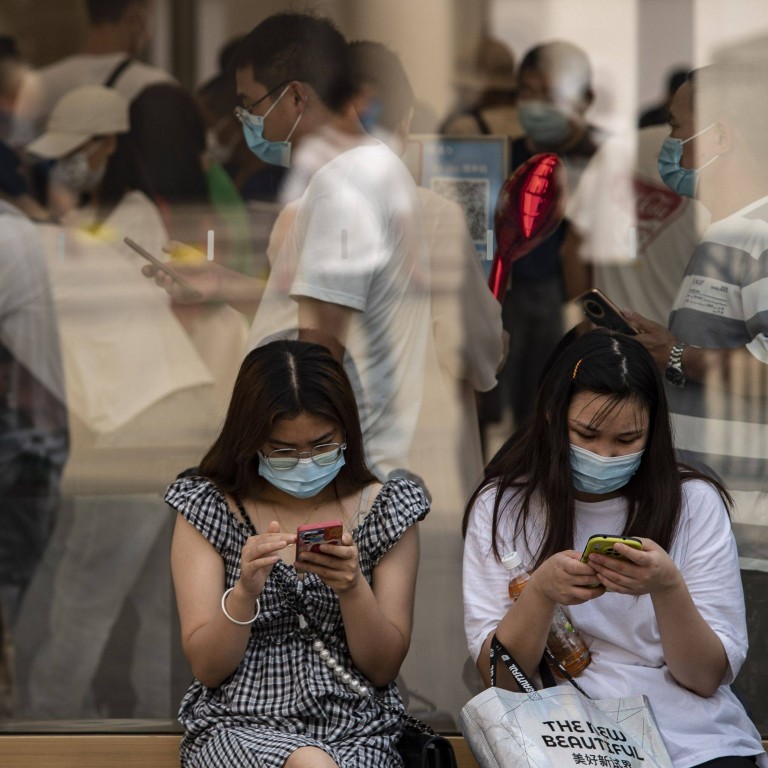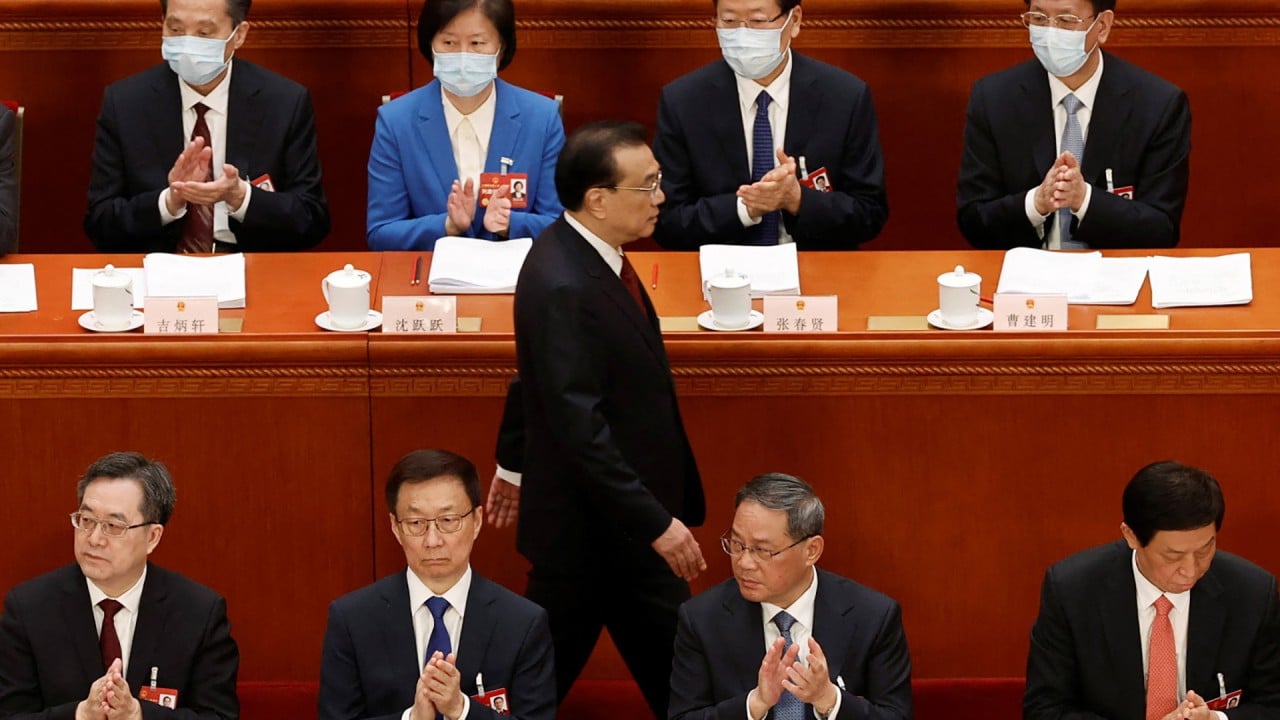
China’s internet watchdog promises to boost protections for private firms
- Cyberspace Administration of China says priorities include advancing the online business environment and protecting enterprise and entrepreneur rights
- Social media accounts producing information about public health, legal matters and education will be labelled and subjected to strict review
Shen Yue, director of the CAC’s illegal information reporting centre, told the press conference false or inaccurate information emerged from time to time about private enterprises and entrepreneurs.
Shen said this damaged a brand’s image, affected production and operations and caused economic losses and reputational damage for entrepreneurs. The country’s central leadership was “very concerned” about these problems, she said.
The campaign will target misinformation, including offenders who fabricate facts and make subjective assumptions, according to Shen. It takes aim at people who violate entrepreneurs’ rights through defamation and insult and targets illegal use of an entrepreneur’s name or image.
China’s internet watchdog silences Shanghai talk show star in new campaign
She said the CAC would guide websites and platforms on how to inspect content and accounts and promptly remove information identified as rumours or infringement of an entrepreneur’s privacy.
It will also strengthen the rights protection mechanism to support enterprises and entrepreneurs when they file complaints, and investigate the violation of private companies’ rights.
Other priorities included in this year’s campaign include targeting misinformation from social media accounts managed by independent content creators. Those producing information in professional fields such as public health, law and justice and education will be labelled and subjected to strict review.
The internet regulator also said it would tackle cyberbullying, with strict controls on information posted on websites or platforms’ comment sections.
Last year, the CAC removed more than 54.3 million pieces of what it deemed illegal or harmful online information, over 2,890 apps and mini-programs and shut down more than 7,300 websites.
Liu has been accused by various accounts of being a “China traitor”, with complaints relating to a second Lenovo headquarters set up in the United States to allegations that the 78-year-old colluded with Hong Kong businessmen to embezzle state assets.
ChatGPT has sparked a new round of soul-searching over China’s AI progress
Rumours against Liu and his company led some nationalists to boycott Lenovo products, casting a shadow on its domestic operations.
The Chinese Big Tech crackdown in recent years has also contributed to prejudice against the country’s tech executives.

.JPG?itok=zUDwoZRB&v=1701240446)


